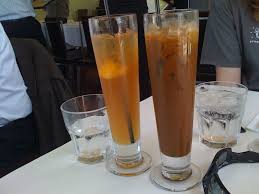 Thai hangover cure www.flickr.com
Thai hangover cure www.flickr.com I've only ever had one consequence from drinking more than two glasses of champaign on my twenty-first birthday in 1963. The reeling sensation, the thumping pain in my temples and the nausea were enough to put me off excess drinking for life. My tolerance to alcohol is low—yours might be higher. And you might not learn a lesson as fast as I did.
You may have heard of this recent fad: Pedialyte, a child's cure for diarrhoea. Unlike his onscreen alter ego, James Bond, Daniel Craig doesn't always order his vodka martini shaken, not stirred. In a recent interview with DuJour, Craig shared the trick he uses to help him back to set after a night of drinking the stuff, which is also advertised on TV.
All the research done so far has concluded the problem is not simply dehydration. The immune system is involved, but before we know what causes a hangover, it's unlikely scientists will find an effective cure.
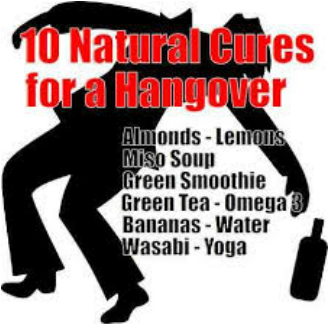 natural cures www.flickr.com
natural cures www.flickr.com But Dutch research suggests that won't improve your sore head the next day.
Instead, a study presented at the European College of Neuropsychopharmacology conference concluded, the only way to prevent a hangover is to drink less alcohol.
A team of international researchers from the Netherlands and Canada surveyed over 800 students' drinking habits to find out whether hangovers could be eased.
Among the students, 54% ate food after drinking alcohol, including fatty food and heavy breakfasts.
With the same aim, more than two-thirds drank water while drinking alcohol and more than half drank water before going to bed.
However, there was no real difference in the severity of their hangovers.
Of those students who drank heavily, with an estimated blood alcohol concentration of more than 0.2%, almost no-one was immune to hangovers.
According to the lead author from Utrecht University, the relationship was pretty straightforward. The more you drink, the more likely you are to get a hangover. Drinking water may help against thirst and a dry mouth, but it will not take away the misery, the headache and the nausea.
Of course, the consumption of alcohol is big business. A professor at University College, London, said the economic costs of alcohol abuse ran into hundreds of billions of euros every year.
Whilst further investigation is needed, this new research tells us that the answer is simple - drink less. Source: BBC.
If I go out with my husband and he suggests popping into the pub for a drink, I'll have a gin and tonic, or half a Guinness and lemonade. At a sign of slight dizziness, I leave the glass unfinished. I don't like anything to control me.
What do you do to ease the after effects of drinking too much alcohol? Have you ever had a hangover?
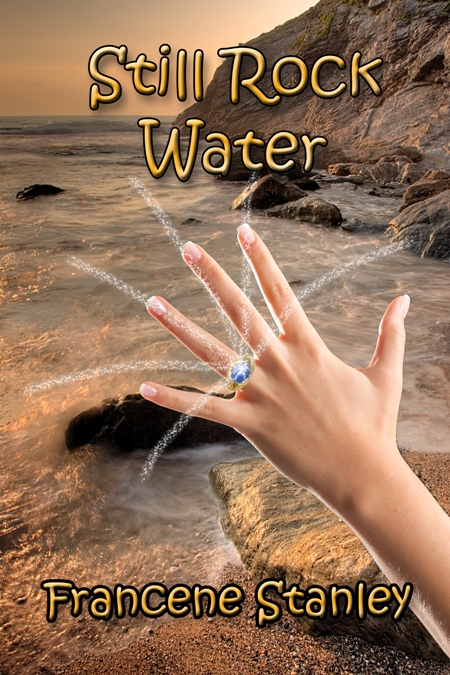
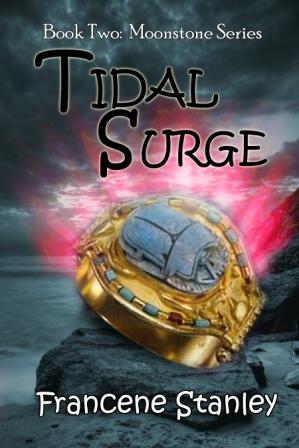
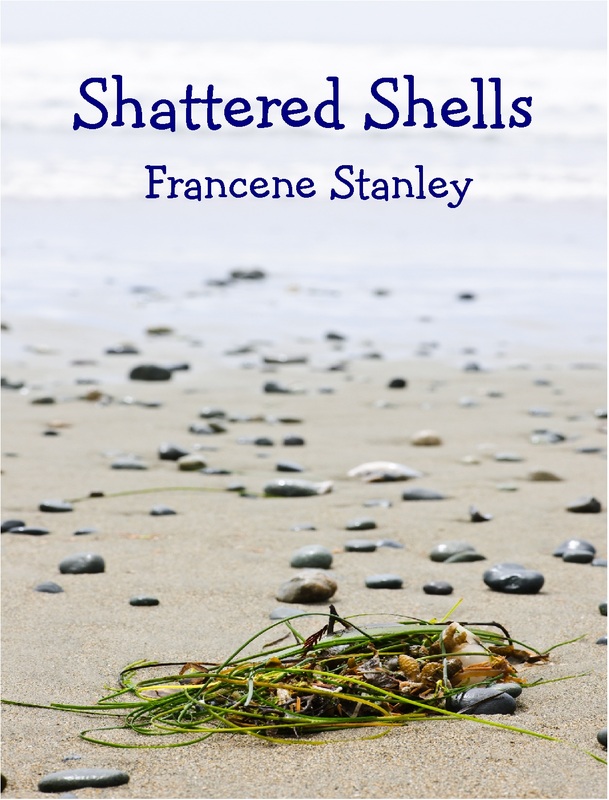
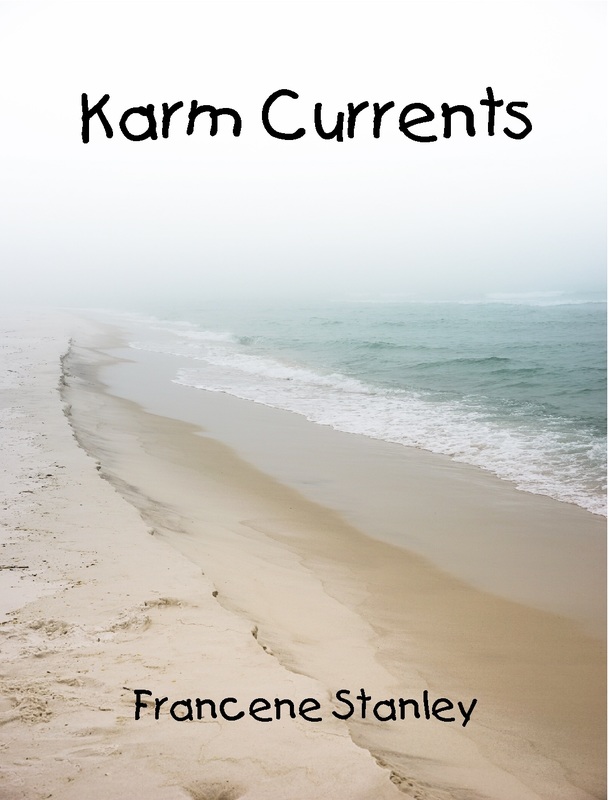

 RSS Feed
RSS Feed
